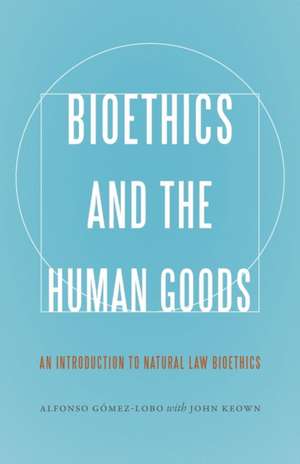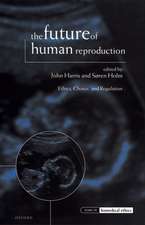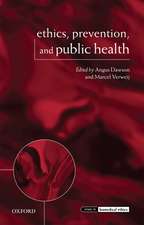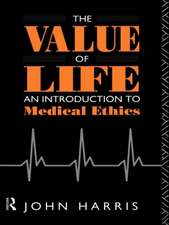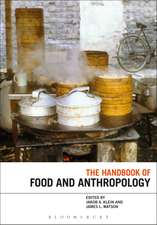Bioethics and the Human Goods
Autor Alfonso Gomez-Loboen Limba Engleză Paperback – 4 sep 2015
| Toate formatele și edițiile | Preț | Express |
|---|---|---|
| Paperback (1) | 250.81 lei 6-8 săpt. | |
| Georgetown University Press – 4 sep 2015 | 250.81 lei 6-8 săpt. | |
| Hardback (1) | 526.21 lei 6-8 săpt. | |
| Georgetown University Press – 15 dec 2015 | 526.21 lei 6-8 săpt. |
Preț: 250.81 lei
Nou
Puncte Express: 376
Preț estimativ în valută:
47.99€ • 50.29$ • 39.67£
47.99€ • 50.29$ • 39.67£
Carte tipărită la comandă
Livrare economică 12-26 aprilie
Preluare comenzi: 021 569.72.76
Specificații
ISBN-13: 9781626161634
ISBN-10: 1626161631
Pagini: 148
Dimensiuni: 137 x 213 x 10 mm
Greutate: 0.18 kg
Editura: Georgetown University Press
ISBN-10: 1626161631
Pagini: 148
Dimensiuni: 137 x 213 x 10 mm
Greutate: 0.18 kg
Editura: Georgetown University Press
Descriere
Emphasising on human goods such as life, health, friendship, and knowledge and the wrongness of intentionally turning against them, the book provides a valuable approach to controversial bioethical questions at the beginning and end of life. Its approach contrasts with that of the dominant bioethical theories of utilitarianism and principlism.
